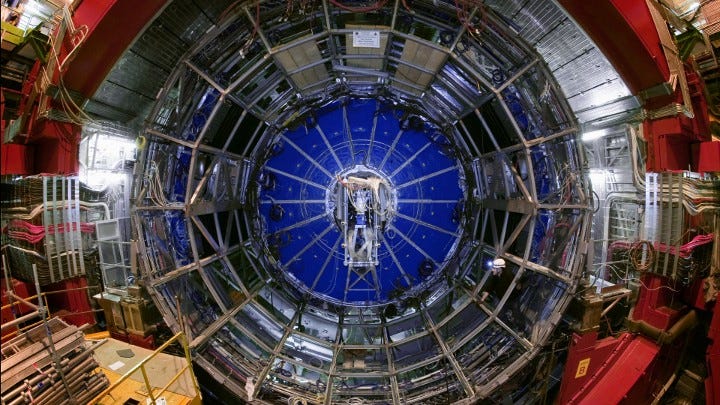Snow, Sex Chairs and the Hadron Collider: The Films of Peter Mettler

Canadian filmmaker Peter Mettler’s newest film, The End of Time, begins with a fall from the heavens. The footage is from Project Excelsior, in which Captain Joseph Kittinger of the United States Air Force parachuted out of a balloon all the way up in the stratosphere, above New Mexico. It’s breathtaking, daring, and perhaps unfathomable for those of us…
Keep reading with a 7-day free trial
Subscribe to Nonfics to keep reading this post and get 7 days of free access to the full post archives.



